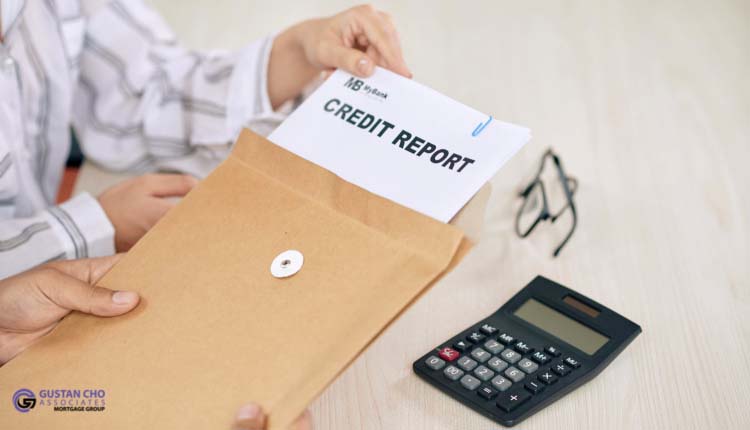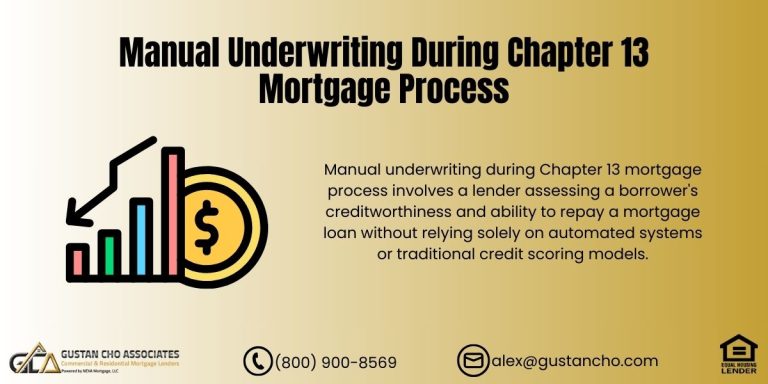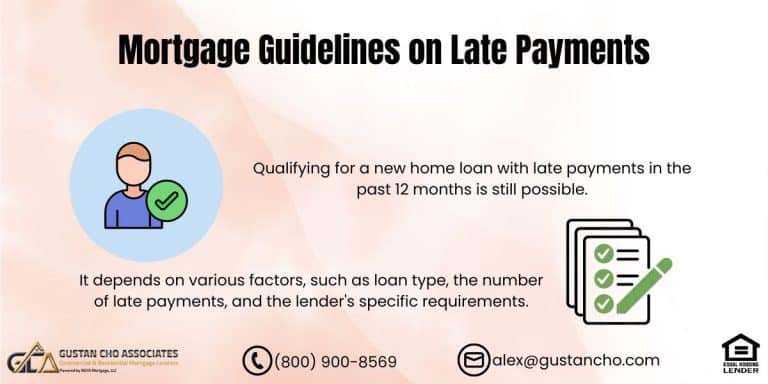Make sure you check and review your credit reports months before you apply for a home loan. Errors on credit reports cannot be fixed overnight. It takes time to correct errors. Consumers will have errors in their credit reports.
Understanding How To Review Credit Report For Errors
Understanding how to review credit report for errors before the mortgage process is important. Reading and understanding credit reports are easier than it looks. The data and information on your credit reports calculate credit scores. The borrower’s credit scores are one of the main factors lenders and creditors use to make a credit decision. Your credit report contains all your creditors and your payment history. Consumers should know and understand all the data on their credit reports.
Under the Fair Credit Reporting Act, every consumer is entitled to one free credit report from each of the three major credit bureaus—Equifax®, Experian®, and TransUnion®—annually. One of the key factors lenders and creditors pay close attention to credit reports is the payment history. A person’s payment history indicates the future payment history on a new credit tradeline.
How To Review Credit Report For Information Listed
There are four sections comprised of a consumer credit report. Consumers should carefully review each section for accuracy and errors. Errors are common on consumer credit reports and can affect your credit scores and overall creditworthiness. Here are the following data and information that is listed on consumer credit reports: Consumer personal information:
- The personal information of the person in question is listed in the first section of a credit report.
- The credit report will state the consumer’s name, date of birth, social security number, current and previous addresses, and employment information.
- The personal data information is not used to calculate credit scores.
- It is listed to verify the identity of the consumer.
- If there are errors in this section, notify each of the three credit bureaus and dispute the inaccuracies.
Credit repair is unnecessary to fix your credit to qualify for a mortgage. In this article, we will explain how to review credit report for errors. The team at Gustan Cho Associates are experts in helping our borrowers fix errors on their credit report. Our loan officers at Gustan Cho Associates can also help borrowers maximize their credit scores to get the lowest available mortgage rates.
How To Review Credit Report on Information Being Reported
The second section of each credit bureau contains credit tradelines and payment histories. All active and closed accounts are listed in this section. The types of accounts are classified, such as revolving credit accounts, student loans, installment loans, auto loans, and personal loans. The credit bureaus will list the accounts as opened, closed, delinquent, collections, or charged-off. Credit bureaus need to delete any derogatory credit tradelines from the credit report seven years after the date of the last activity. This date will be listed on credit reports.
How To Review Credit Report For Late Payments
The payment history of each credit tradeline is reported. Any 30-day, 60-day, 90-day, or 120-day late payments will be posted. The date the account was opened and the date of the last activity (DLA) will be listed. The longer the payment history on a credit tradeline, the stronger the consumer credit profile. The maximum credit limit and the outstanding balance are posted. The lower the credit utilization ratio, the higher the consumer credit scores. Consumers should have less than a 10% credit utilization ratio for maximum credit score optimization.
Impact of Public Records
Public records are court records that are available to the public. Judgments, tax liens, bankruptcies, foreclosures, short sales, collections, and charged-off accounts are all public records that will be reported on credit reports. There are instances where consumers still have an active public record that does not report on credit reports. This is important in the mortgage process. All mortgage lenders do a third-party public records search during the mortgage process. Any public records not reported on credit bureaus will be discovered.
Impact of Credit Inquiries on Your Credit Scores
A list of all credit inquiries will be listed on consumer credit reports. Credit inquiries are made by creditors who pull credit on your behalf because you request credit. Employers can also pull credit as part of their hiring or promotional process. Insurance companies pull credit on their customers to determine insurance premiums. There are two types of credit inquiries: hard pull and soft pull. Hard pulls will drop consumer credit scores by 2 to 5 points. However, the drop in credit scores is temporary. Credit scores dropped by hard inquiries will go back up in 90 to 120 days. Soft inquiries do not affect consumer credit scores.
Positive Credit Tradelines Not Reporting on Credit Bureaus
The best way how to review credit report for errors is for every consumer to monitor their credit scores at least three times a year. Credit bureaus are notorious for making mistakes and reporting wrong information. There are instances where credit bureaus do not report positive credit tradelines. For example, say you just got a Chapter 7 bankruptcy discharge and three secured credit cards to re-establish your credit.
The secured credit card companies are reporting your new secured credit card and payment history to all three credit bureaus. However, only Equifax is the credit bureau reporting the secured credit card and payment history.
Experian and Transunion are not reporting the secured credit card and payment history. Contact the creditor and the credit bureaus not reporting the positive credit tradeline. Contact the secured credit card company and ask to speak to a supervisor. The credit card company supervisor will dispute the non-reporting credit tradeline to the credit bureaus. Situations like the above are very common and need to be addressed. The best way how to review credit report for errors is to constantly monitor all three credit bureaus for accuracy and errors.









